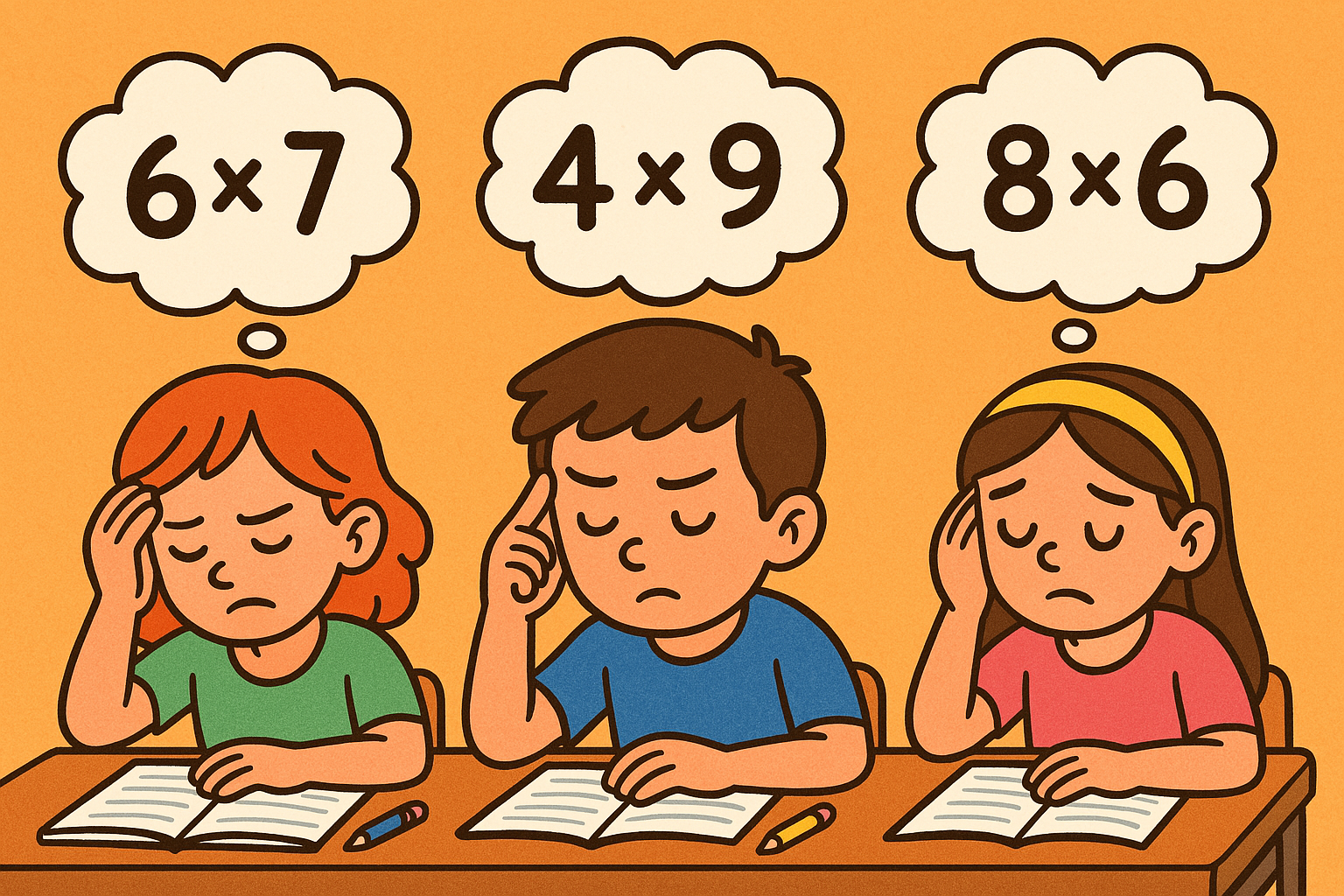Will We Need to Really Remember Anything Anymore?
Lately, I’ve been thinking a lot about what the classroom of the future might look like. With artificial intelligence becoming more integrated into everyday life, it’s no surprise that education is next in line for a transformation. But as exciting as that sounds, it also comes with some important questions—especially for those of us who care about critical thinking, creativity, and authentic learning.
Image made with GPT 4o
One of the biggest shifts I see on the horizon is personalized learning. AI tools are already being used to adapt content to each student’s pace and needs. Instead of a one-size-fits-all curriculum, platforms can now analyze student performance in real-time and tweak lessons to offer just the right amount of challenge. According to the Illinois College of Education (2024), this kind of customization is helping students stay more engaged and motivated—and that’s something I think every educator can appreciate.
Teachers, too, are getting a bit of a breather—at least when it comes to time-consuming tasks like grading and lesson planning. AI-generated materials, assessments, and even PowerPoint presentations are already being used to free up more time for real teaching—the kind that happens in human interaction. Still, I worry that over-reliance on these tools might chip away at our ability to think deeply and respond creatively. As Chan and Tsi (2023) point out, AI should be there to assist educators, not replace them. Human interaction will still be essential for younger children, who truly thrive on connection, emotional attunement, and the kind of responsive communication that no algorithm can replicate. Honestly, I don’t think even the robots will want to deal with little children’s demands. :)
What’s more, students themselves are experimenting with AI in new ways. A recent survey found that over half of U.S. college students have used ChatGPT—sometimes even without their teachers knowing (Business Insider, 2025). I get it; it’s tempting. AI can transcribe lectures, summarize articles, and even help structure essays. But if we’re not careful, we could see a whole generation growing up reliant on machines instead of developing their own voices. That’s a risk I’m not willing to ignore.
And here’s something I’ve been asking myself lately: Will we need to really remember anything anymore?
In a recent interview, OpenAI’s CEO Sam Altman suggested that memorization may soon be obsolete, and that what will matter most is our ability to ask the right questions (Vulcan Post, 2024). I agree that being a good question-asker is incredibly important. But I’d argue that memory and understanding are still fundamental—especially when it comes to solving problems.
Think about it: if you don’t have any foundational knowledge, how do you even know what to ask? For instance, if a high schooler is trying to understand climate change but doesn’t know what greenhouse gases are, they won’t think to ask how carbon dioxide traps heat. Memory isn’t about rote repetition anymore—it’s about building a base so we can connect dots, challenge ideas, and generate better questions.
Neuroscience research also supports the enduring importance of memory. As Knowlton (1998) explains, remembering and knowing represent distinct cognitive processes with different neural substrates. Remembering involves conscious recollection of contextual details and is linked with frontal lobe function, while knowing often reflects a sense of familiarity without context. Interestingly, the study showed that these processes are not mutually exclusive. Instead, remembering may build upon knowing, suggesting that a strong foundation of familiarity (semantic memory) is critical for deeper episodic understanding. In other words, we still need to know in order to remember.
That’s why I believe the future of education shouldn’t be about choosing between memory or inquiry—it should be about building both. AI can help us offload certain cognitive tasks, sure, but true learning still requires us to think critically and retain enough knowledge to navigate a complex world.
And then there’s the big elephant in the room: ethics. Academic integrity, bias in AI systems, equitable access—these are not abstract concerns. They’re real, and they’re already starting to impact how schools and universities shape their policies. As Baker and Hawn (2022) emphasize in their review of algorithmic bias in education, educational AI systems can unintentionally reinforce inequalities, particularly when algorithms perform unevenly across demographic groups or are trained on biased data sets. Without careful consideration and inclusive design, such systems can worsen achievement gaps instead of closing them.
So, is AI in education a threat or an opportunity? Honestly, I think it’s both. If we use it thoughtfully—guided by real educators who care about real students—it could be one of the most powerful tools we’ve ever had. But if we hand over the reins too quickly, we might just lose what makes education meaningful in the first place.
Let’s keep the conversation going.
References
Baker, R. S., & Hawn, A. (2022). Algorithmic bias in education. International Journal of Artificial Intelligence in Education, 32, 1052–1092. https://doi.org/10.1007/s40593-021-00285-9
Business Insider. (2025). College students are using AI, but they're conflicted about it. Retrieved from https://www.businessinsider.com/how-college-students-use-ai-homework-study-2025-3
Chan, C. K. Y., & Tsi, L. H. Y. (2023). The AI Revolution in Education: Will AI Replace or Assist Teachers in Higher Education? Retrieved from https://arxiv.org/abs/2305.01185
Illinois College of Education. (2024). AI in Schools: Pros and Cons. Retrieved from https://education.illinois.edu/about/news-events/news/article/2024/10/24/ai-in-schools--pros-and-cons
Knowlton, B. J. (1998). The relationship between remembering and knowing: A cognitive neuroscience perspective. Acta Psychologica, 98(2-3), 253–265. https://doi.org/10.1016/S0001-6918(97)00045-0
Vulcan Post. (2024). Sam Altman says this will be the key skill in the age of AI, but most people will struggle. Retrieved from https://vulcanpost.com/879529/sam-altman-key-skill-in-the-age-of-ai-most-people-will-struggle/?utm_source=chatgpt.com

